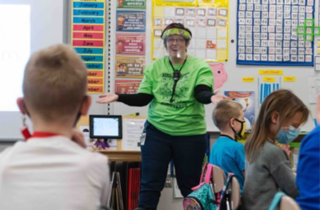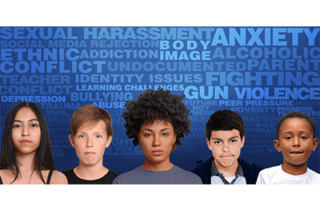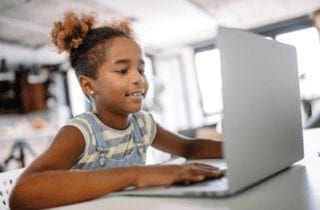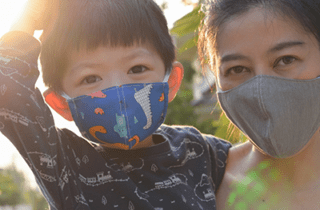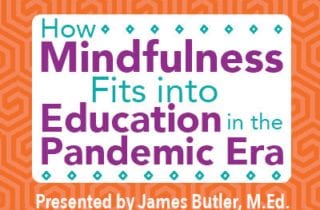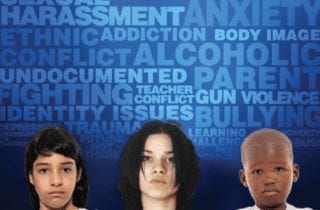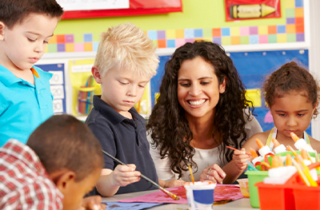Presented by Dr. William Blake, CEO, Meducos Health Institute; and Shantell Berrett Blake, M.A., Director of Training and Presenting, Reading Horizons
Presented by Lori Lynass, Ed.D., Executive Director, Sound Supports; Bridget Walker, Ph.D., Associate Director, Sound Supports; and Miyoshi Knox, AUSL Turnaround Principal, Stagg School of Excellence, Chicago Public Schools (IL)
Moderated by Jessica Berlinski, Director K-12, Ripple Effects
Presented by Ana Moreno, Instructional Technology Specialist, Kennesaw State University
Moderated by Jennifer Ehehalt, Sr. Regional Manager, Common Sense Education
Disruption is the operative word these days when talking about school. COVID-19 has changed education’s landscape…and stressed out students. They are negotiating lots of uncertainty while navigating a different way of learning, all of which affect their overall well-being. In a recent edWebinar, sponsored by the FastBridge Assessment System by Illuminate Education, Gregory Fabiano, Ph.D., Professor of Psychology at Florida International University, shared instructional and learning strategies that strengthen students’ social-emotional learning (SEL) and behavioral skills so they can feel secure and cope during tumultuous times.
Jane Squires, Ph.D. and Elizabeth Twombly, M.S. share how using a parent-completed screening tool helps your program’s children and families.
Now that a global pandemic and its multiple impacts on education have coincided with a renewed focus on equity, there’s a lot to be mindful about. And with the new school year about to present even more challenges and uncertainties, staying mindful and staying focused on providing an equitable education are likely to prove more difficult and important than ever.
Join education leaders working on the front lines of distance learning as they share how they are successfully implementing social-emotional and mental health supports for students and staff in a distance learning environment.
Join education leaders working on the front lines of distance learning as they share how they are successfully implementing social-emotional and mental health supports for students and staff in a distance learning environment.
Dr. Stephanie Jones emphasizes that when implementing effective social and emotional learning (SEL) strategies, educators, practitioners, and administrators need to think about the what, the why, and the how of the essential skills of SEL. In a recent edWebinar, Jones, Director of the Ecological Approaches to Social-Emotional Learning (EASEL) Lab, explained that there are six SEL domains studied and documented by researchers. The first three domains are skills and competencies: cognitive, emotional, and social, and the next three are belief ecologies: attitudes, habits of mind, and ways of thinking about the world. One way to think about how these two sets go together is that on the one hand are things that you learn and know how to do, and on the other is a set of internal guideposts that tell you to use those skills when it’s essential and when it matters.
Join this edWebinar to learn how urban and rural district leaders are successfully supporting their students’ mental health and social-emotional learning in the wake of COVID-19.


